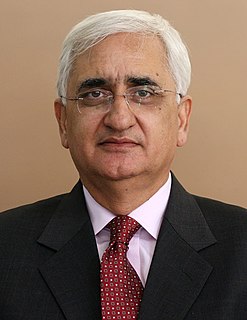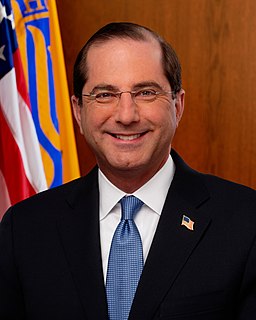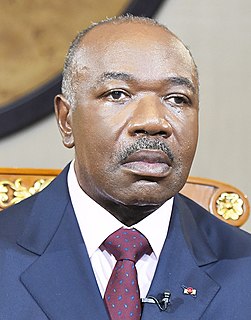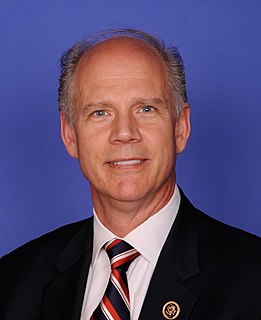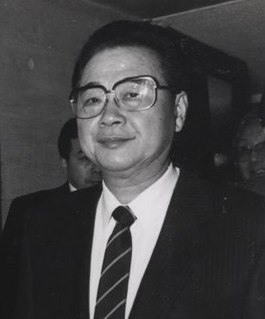A Quote by Lucio Tan
Issues like security threats, declining traffic, high insurance premiums, rising fuel costs, among others, call for individual strengths to be aligned towards regional stability.
Related Quotes
India considers Saudi Arabia a center of stability in the region. The security and stability of the Gulf region and that of the Indian subcontinent are interlinked. Bilateral security cooperation between India and Saudi Arabia will contribute to regional stability and in addressing the common threat of terrorism in the region.
Those who devise better methods of utilizing manpower, tools, machinery, materials and facilities are making real contributions toward our national security. Today, these ideas are a form of insurance for our national security; tomorrow, this same progressive thinking is insurance for our individual security-it is, in effect, job insurance.
Right now in the insurance markets, we have sort of a disaster unfolding, a downward spiral, adverse selection, premiums in the individual market going through the roof. People can't afford insurance and insurance companies are losing hundreds of millions of dollars. If you repeal part of Obamacare to get rid of the individual mandate but keep some of the ideas, that people can still buy insurance after they're sick, the situation gets extraordinarily worse. And so what we're seeing now could be tenfold greater if you only repeal part of Obamacare.
The best thing that is happening with the health care is premiums will come down. We'll have tremendous competition; you know, we're getting rid of the border state lines, and we're going to have tremendous competition. We're going to have insurance companies fighting, like life insurance. You know, we - life insurance, you have these companies that are like - like going all over the place. We're going to have a tremendous - tremendously competitive market and health care costs are going to be forced down.
My immediate priorities are peace and stability. I want to differentiate between stability and security: Stability comes from the hearts of people and acceptance of the judicial system. Security comes from the barrel of a gun and the threat of the use of force. We're seeing violence at an unprecedented level. We've become numb to bloodletting. Enduring peace cannot come unless we build a state that can guarantee our individual rights and obligations.
Obamacare imposed an unprecedented level of regulation and standardization on individual-market health insurance all across America. This has left many consumers in an intolerable predicament - in some cases, having to spend up to a third or even half of their income on premiums and deductibles before insurance kicks in.
But Australia faces additional regional and global challenges also crucial to our nation's future - climate change, questions of energy and food security, the rise of China and the rise of India. And we need a strong system of global and regional relationships and institutions to underpin stability.


